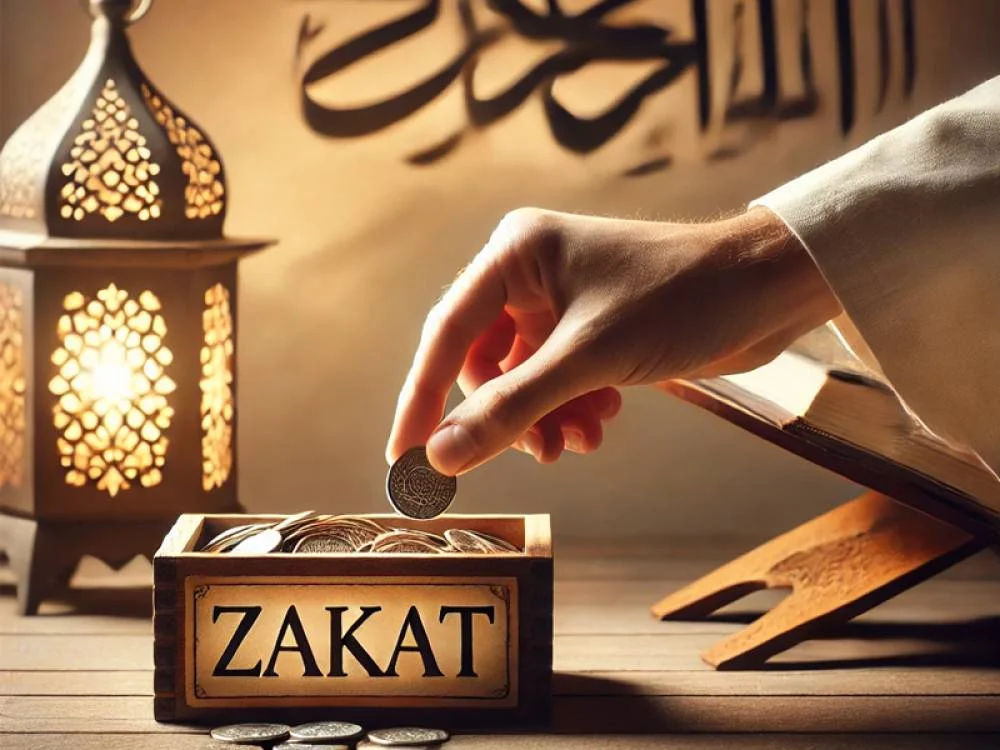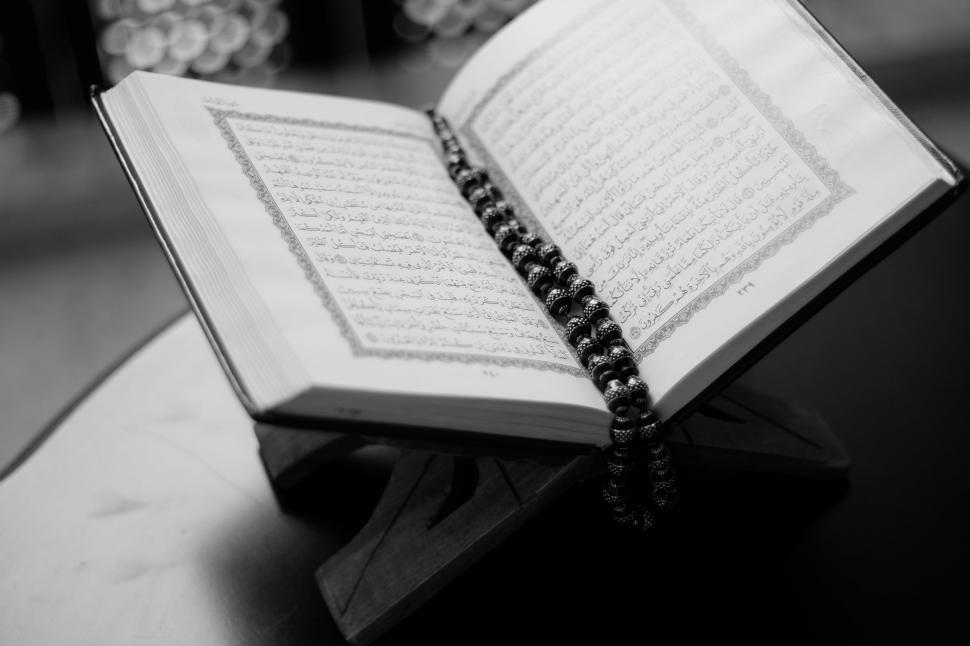
What is Zakat?
Zakat (zakaat, zakah), or almsgiving, is one of the five pillars of Islam, making it mandatory for Muslims alongside the other four pillars. Every sane, adult Muslim who possesses wealth above a certain amount—known as the Nisab—must pay 2.5% of that wealth as Zakat.
Eligible Muslims are required to pay Zakat once a year, due after one lunar (Islamic) year has passed since reaching or exceeding the Nisab. The collected Zakat is then distributed to those who qualify to receive it.
“…and those in whose wealth there is a recognized right, for the needy and deprived.”
—Qur’an | 70:24-25
What is Nisab?
Nisab is the minimum amount of wealth a Muslim must possess before becoming obligated to pay Zakat. It serves as the threshold for Zakat eligibility.
The Nisab is calculated using the values of gold and silver.
Zakat is not only a fundamental pillar of Islam but also a transformative concept with the potential to alleviate extreme poverty—this is the power of Zakat!
“And be steadfast in prayer and regular in charity: And whatever good you send forth for your souls before you, you shall find it with Allah.”
—Qur’an | 2:110
It represents a right that the poor hold over us.
“Those in whose wealth there is a recognized right for the needy and the poor.”
—Qur’an | 70:24-25
How Much is Zakat?
Zakat should amount to 2.5% of your total Zakat-eligible wealth.
What Are the Two Types of Zakat?
The two main types of Zakat are:
1. Zakat Al-Mal: Also known as the Zakat of wealth, it refers to the obligation for every sane, adult Muslim with wealth above the Nisab to pay 2.5% of that wealth.
2. Zakat al-Fitr (Fitrana): This is a charitable donation of food given before the Eid prayer, required to be paid before the end of Ramadan, out of love for Allah.
What is Fitrana?
Fitrana is a food donation given before the Eid prayer, typically required to be paid by every self-sufficient Muslim who possesses food beyond their needs, on behalf of themselves and their dependents.
Fitrana differs from annual Zakat in that its amount is fixed and not dependent on one’s earnings. Anyone with excess food must pay a set amount, whereas Zakat is calculated based on one’s savings.
The head of the household or guardians should pay Fitrana on behalf of family members who cannot do so. However, Zakat is only obligatory for those whose wealth exceeds the Nisab.
Fitrana must be paid during Ramadan, ideally before Eid prayers, ensuring those in need benefit in time for the celebration. Annual Zakat, however, can be paid any time throughout the year.
What Are the Conditions for Paying Zakat?
The four conditions are:
1. The individual must be an adult Muslim, although some scholars argue that children with Zakat-eligible wealth should also have their Zakat calculated.
2. The person must be of sane mind.
3. The individual must have owned the Nisab for one lunar year before paying Zakat on their surplus wealth.
4. Zakat is not payable by those who are enslaved.
What Happens If You Don’t Pay Zakat?
Since Zakat is a fundamental tenet of Islam, failure to pay it when eligible can have serious consequences. In addition to facing punishment in the afterlife, neglecting Zakat can lead to a lack of blessings (barakah) in one’s wealth and life.
The Quran and Hadith emphasize the severity of not paying Zakat. For example:
“Those who hoard treasures of gold and silver and do not spend them in the way of Allah; give them the news of a painful punishment…”
—Qur’an | 9:34-35
“Whoever is made wealthy by Allah and does not pay the Zakat of his wealth, his wealth will be made like a poisonous snake on the Day of Resurrection…”
—Hadith | Bukhari
Is Zakat on Income or Savings?
Zakat is based on the assets and wealth one possesses, not on income. Every sane, adult Muslim with wealth above the Nisab must pay 2.5% of that wealth as Zakat.
Eligible assets include gold, silver, cash, savings, and business assets that have been held for at least a lunar year.
Who Are the Eight Recipients of Zakat?
Zakat can be given to eight categories of recipients:
1. The poor
2. The needy
3. Administrators of Zakat
4. Those whose hearts are reconciled (new Muslims or those inclined to Islam)
5. Those in slavery
6. Those in debt
7. In the cause of Allah
8. Travelers (including refugees)
A poor person is defined as someone whose possessions do not meet the Nisab threshold.
Who Is Not Eligible to Receive Zakat?
Zakat can only be given to Muslims, unlike Sadaqah, which can be given to non-Muslims.
Wealthy individuals cannot receive Zakat, nor can the family of the Prophet Muhammad (descendants from Banu Hashim and Banu Muttalib).
Can You Give Zakat to a Family Member?
Yes, you can give Zakat to relatives, but not to immediate family members, such as spouses, children, or parents, according to the Hanafi and Hanbali schools of thought. The Shafi and Maliki schools may allow exceptions in some cases.
Next: Sawm
Also Read: An Easy Guide to the Five Pillars of Islam


